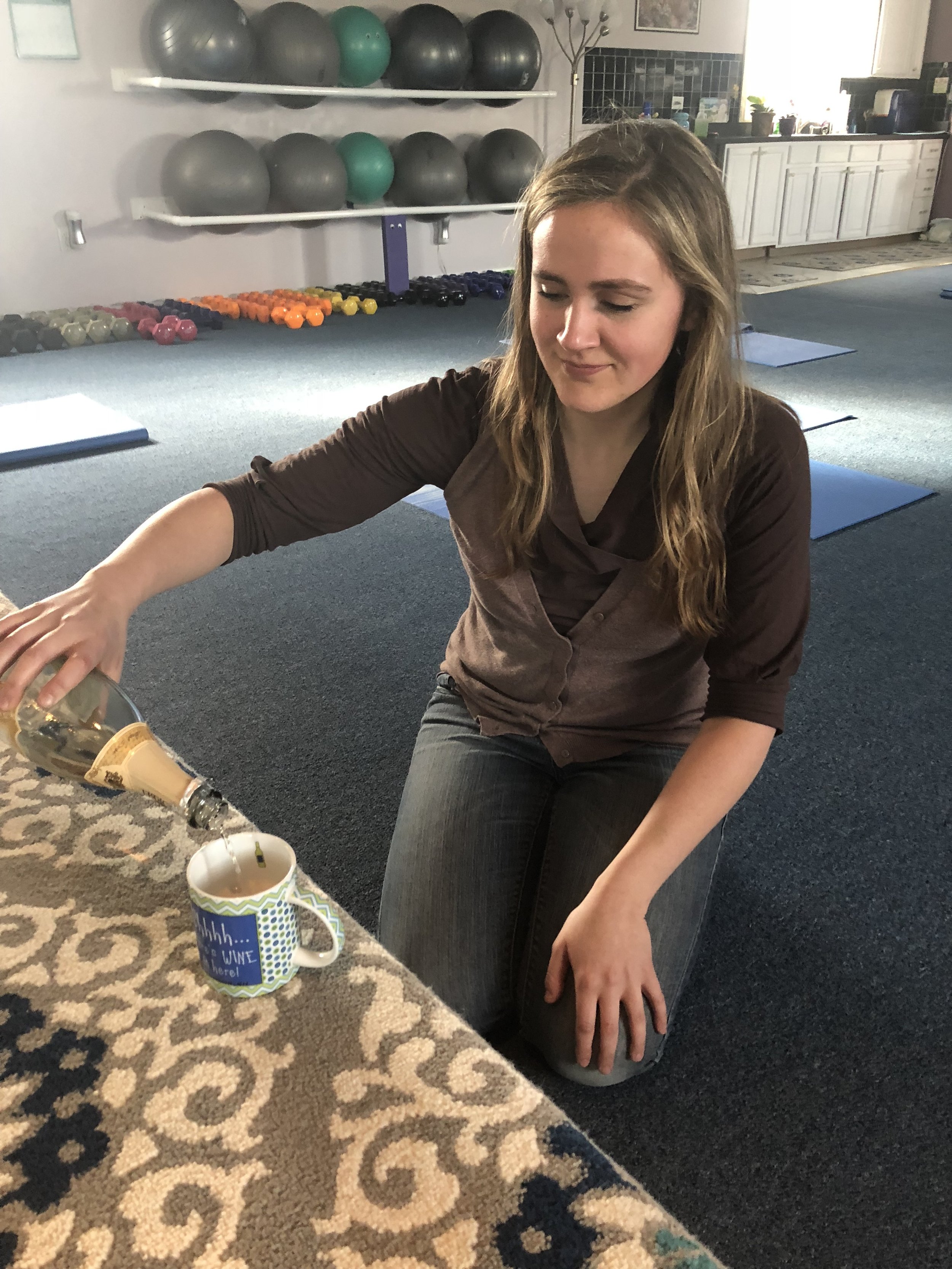Our Writing Process
My aunt, Mary, and I were thrust into each others’ lives when I was almost 23 years old. When this happened, there were two scenarios we didn't expect that first of all we would become as close as we did, and secondly that we would write a memoir together about a family member (my dad-- her brother) with untreated mental illness.
We had no idea we’d become as close as we did, until 2015.
I have known of my aunt Mary for most of my life on an extreme surface level. Although, having a predominantly uncle-led family, she stood out to my siblings and me. She was always kind to us when we would see her at family get-togethers, mainly Christmases and the occasional Thanksgiving, and she always made the best cinnamon cake. Besides for our knowledge of her excellent baking skills of the one food item and the fact that she ran a fitness business, my extent of really knowing her in the way others may know their aunt fell quite short. That is, until the year 2015.
As discussed in “Nek” I had made an abrupt move down to Libertyville that year where she was residing. We grew close and were able to build a bond that neither of us could have imagined was possible with the other. When the world around us was darkening every day, we found light in each other because of our abilities to be candid. She would start long talks about her digestion with me, and I would share my stories of losing my keys or phone. Regardless of the topic, we seemed to find a way to laugh.
Katie “writing.”
The idea started as a joke.
What does this have to do with writing a book? Well when I was in Libertyville and absurd, sad, and frustrating events kept taking place with my father (her brother) almost every day, Mary and I would process it by telling others about it. A rule of the Fitness Loft, Mary’s place of business, is to have no filter when it comes to what goes on in our lives. We would share story after story about my dad “working for the cops” when ordering drugs from dealers, or how he would say [Mary and me] were “cruel” for wanting him off said drugs. People were in such disbelief that so many things could happen in one family, that one day Mary joked about writing a book about all of it. We continued to joke for a few weeks before I considered it actually being a possibility.
I approached her about it and she ultimately agreed, although, in regards to her list of priorities including her business, marriage, and social circle, our blimp of a book was on the far bottom. As imagined, the beginning of our process was rocky. We didn’t know what to write about, or what makes a book readable. We would sit across from each other once a week and just set out to write. These sessions turned into talking, joking, drinking wine and eating cheese, and once we were done with all that, we would write in a journal format for 20 minutes on the dot. This carried on for over a year.
We weren’t the hot shots we thought we were.
Eventually, we were able to smoothen it out...somewhat. We connected with other authors and had them look at our work we’d somehow scrapped together. We were sure they would love it and were ready for our fame to begin, but we were faced with the harsh reality that we weren’t the hot shots we truly believed we were. We had to step it up and eventually learned to revise based on the suggestions of our author friends. When our story was finally coming together in the way it is currently in print, we could feel that this version was special, just like the bond we had created with one another.
Mary reading through our formatted manuscript.
Our process for writing “Broken Nek” was not smooth, and it wasn’t a short amount of time from start to finish. It was, however, challenging, healing, and ultimately fun working together as partners. Both of us are in agreement that while we are excited for anyone and everyone to read about our life in a book, we’d still be thrilled even by one person being touched by it. If one person was able to learn from our story or if it started a conversation in their own family about their problems, we know it would have been worth it.

